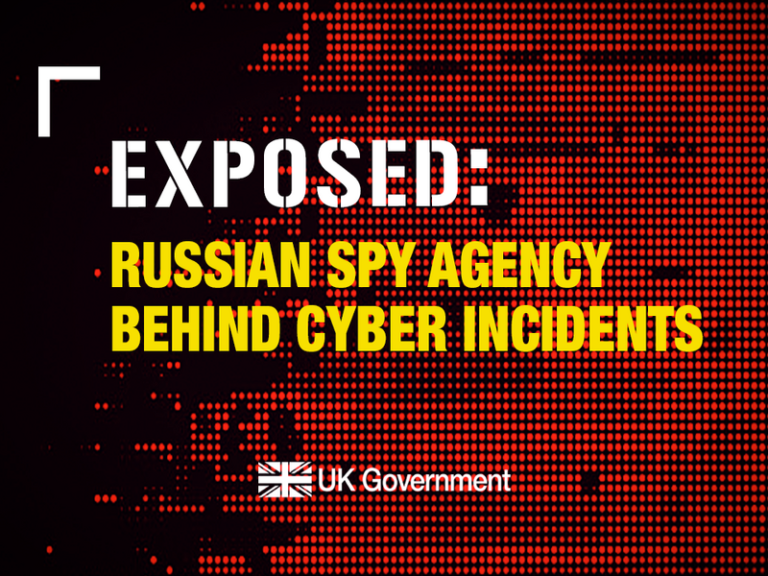North Korea’s advanced persistent threat (APT) group, Kimsuky, has significantly escalated its cyberattacks on universities worldwide, according to new findings from cybersecurity firm Resilience.
Known for its relentless pursuit of sensitive information, Kimsuky has historically focused on South Korean government entities and think tanks. However, recent evidence indicates a broadening scope, with universities emerging as prime targets for the group’s espionage operations.
Sophisticated Phishing and Data Exfiltration
Resilience’s investigation revealed that Kimsuky employs highly sophisticated phishing campaigns, often masquerading as academics or journalists to gain the trust of university staff, researchers, and professors. Once inside university networks, the group actively seeks out valuable research data and intellectual property that can benefit North Korea’s limited scientific community.
The stolen information is believed to be directly channeled to the Reconnaissance General Bureau (RGB), North Korea’s primary foreign intelligence agency. This aligns with the regime’s broader goal of acquiring advanced technologies and knowledge to bolster its military and economic capabilities.
Expanding Threat Landscape
Beyond its espionage activities, there’s growing evidence suggesting that Kimsuky is also involved in financially motivated cybercrime. This dual-pronged approach could be a strategic move to fund the group’s operations while simultaneously advancing North Korea’s geopolitical interests.
Resilience’s analysis highlighted Kimsuky’s use of custom-built tools, such as “SendMail,” to distribute phishing emails and capture login credentials. The group’s ability to adapt and refine its tactics underscores the persistent and evolving nature of the threat posed by state-sponsored cyber actors.
Protecting Against Kimsuky Attacks
To mitigate the risk of falling victim to Kimsuky’s attacks, Resilience recommends the following measures:
- Implement strong multi-factor authentication (MFA): Using phish-resistant MFA methods, such as hardware tokens or push notifications, can significantly enhance account security.
- Verify website authenticity: Users should carefully examine website URLs before entering sensitive information, as Kimsuky often employs phishing pages that closely mimic legitimate university portals.
- Regular security awareness training: Educating employees about the latest phishing tactics can help prevent successful attacks.
- Leverage threat intelligence: Staying informed about the latest threat landscape can enable organizations to proactively identify and address potential vulnerabilities.
As the threat from state-backed cyber groups continues to grow, universities and other organizations must invest in robust cybersecurity measures to protect their sensitive data and intellectual property.
Media Disclaimer: This report is based on internal and external research obtained through various means. The information provided is for reference purposes only, and users bear full responsibility for their reliance on it. Summitsystemsissp assumes no liability for the accuracy or consequences of using this information.






